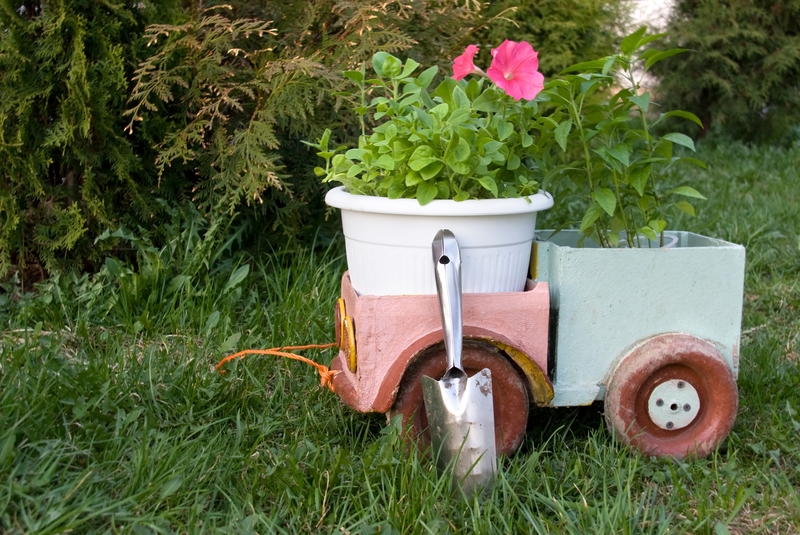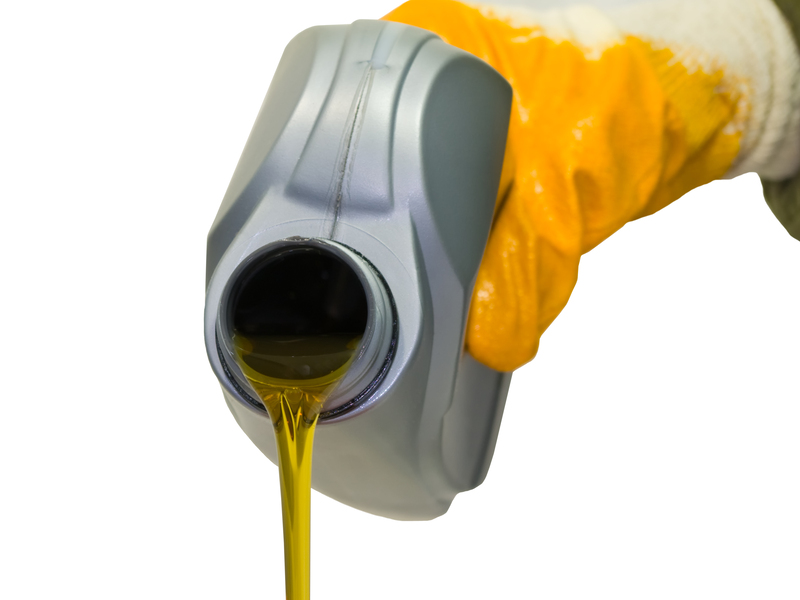Local Recycling Centers That Accept Pots and Pans: A Comprehensive Guide
Are your old pots and pans gathering dust in your kitchen cabinets? You're not alone! Many households find themselves stuck with old cookware, unsure whether to toss them, donate them, or seek out a sustainable recycling option. Fortunately, many local recycling centers now accept various types of cookware, including pots and pans, facilitating a more eco-friendly disposal.

Why Recycle Pots and Pans?
The environmental impact of throwing away old pots and pans is often underestimated. These items are typically made of non-biodegradable metals like aluminum, stainless steel, or copper, which can last hundreds of years in landfills. Recycling cookware conserves valuable resources, reduces waste, and supports a circular economy by reintroducing materials into the manufacturing process.
- Reduces landfill waste and environmental pollution.
- Conserves natural resources by reusing metals.
- Decreases the need for raw material extraction, which can be environmentally damaging.
- Supports your community's recycling goals and initiatives.
Understanding the Materials: What Types of Cookware Can Be Recycled?
Not all cookware is created equal. Pots and pans come in a variety of materials, each requiring different recycling methods. Here's an overview:
- Stainless Steel: Most recycling centers accept stainless steel pots and pans. Remove any plastic handles or lids.
- Aluminum Cookware: Aluminum is a highly valuable recyclable material. Ensure it's clean and free from non-metal accessories.
- Copper Pans: Some centers specialize in copper recycling due to its high value.
- Cast Iron: Very durable and widely accepted at scrap yards and many recycling centers.
- Non-Stick Pans: These can be trickier to recycle due to PTFE coatings. Check with your local recycling center first.
What About Coated Pans?
Non-stick coatings like Teflon can complicate recycling. Some facilities remove the coatings before recycling the metal base, while others don't accept them at all. Always ask your local recycling center about their specific policies.
How to Prepare Pots and Pans for Recycling
Proper preparation ensures that your cookware is suitable for recycling and increases the chance it will actually be processed rather than discarded. Follow these steps:
- Remove all non-metal parts, such as plastic handles, glass lids, or rubber grips.
- Clean your pots and pans thoroughly to remove grease and food residues.
- If possible, separate different metals for centers that require sorting.
- Check for recycling symbols on your cookware to make drop-off easier.
Finding Local Recycling Centers That Accept Pots and Pans
One of the most common questions is: Where can I recycle cookware locally? Here's how to find a local recycling center that accepts pots and pans in your area:
1. Online Recycling Search Tools
- Earth911 (https://search.earth911.com/): Enter your zip code and the item description ("pots and pans", "cookware") to find a local facility.
- RecycleNation (https://recyclenation.com/): Similar functionality to locate neighborhood recycling options.
- Call2Recycle for specialty recycling (more often small appliances, but check for cookware options in your area).
2. Contact Your City or County Recycling Center
- Visit your municipality's website or Solid Waste Department page for a list of accepted items.
- Call the center directly and ask if they accept metals, specifically old pots and pans.
3. Check With Local Scrap Yards
- Scrap metal recycling facilities generally accept a wide range of cookware, especially if it's made from aluminum, cast iron, or stainless steel.
- They may offer cash for metal items.
4. Retail Take-Back Programs
- Some retailers and brands (like Sur La Table, Williams Sonoma, or even local kitchen stores) periodically offer cookware recycling events or trade-in programs.
- Check store announcements or websites for details.
5. Community Events & Bulk Drop-Off Days
- Municipalities sometimes host spring clean-up events or hazardous waste drop-off days, which may include cookware recycling.
- Watch for news in community bulletins or city newsletters.
What To Do If Your Local Center Doesn't Accept Pots and Pans
If your nearest recycling center isn't equipped to handle cookware, don't worry--there are alternative options for sustainable disposal:
- Donate to local charities, thrift shops, or community centers (if the items are still in usable condition).
- Offer up through online platforms like Craigslist, Freecycle, Facebook Marketplace, or Buy Nothing Groups.
- Repurpose old pots and pans as planters, storage, or art projects (for the DIY-inclined!).
- Contact specialized scrap metal dealers who might process them.
Donation Options for Usable Cookware
- Goodwill Industries
- Salvation Army
- Local non-profit kitchens or shelters
Always call ahead to ensure your chosen organization is accepting cookware donations.
Tips for a Smooth Recycling Experience
- Don't mix different materials. For instance, separate aluminum from steel if possible.
- Avoid placing cookware in curbside recycling bins unless specifically approved by your waste management provider--many can damage sorting machines if not properly handled.
- Label your items clearly if dropping them at a facility with multiple recycling streams.
- Keep a list of accepted items, and bring it along to the recycling center for easy reference.
Frequently Asked Questions About Recycling Pots and Pans
Can I recycle non-stick pans?
It depends on your local recycling center's policy. Some accept them after handles and coatings are removed, while others do not recycle Teflon or PTFE-coated items. Always check first.
What about glass lids?
Glass lids are usually made from tempered glass, which is not widely accepted in glass recycling streams. Check with the recycling center or repurpose/donate if possible.
Do I need to remove the screws in handles?
Yes, if possible. Most recycling facilities prefer only metal parts, so remove all non-metal screws and attachments.
Can I recycle ceramic or enameled cookware?
Some metal recycling centers accept enameled cast iron (such as Le Creuset pots), but pure ceramic cookware usually isn't accepted. Check with your local center for their policy.
Benefits of Recycling Your Old Cookware Locally
- Supports local green initiatives and reduces pressure on landfills.
- Promotes sustainable resource use and conserves energy.
- Encourages responsible consumer habits in your community.
- May put a few extra dollars in your pocket at scrap metal yards.
Innovative Ways to Reuse or Repurpose Old Pots and Pans
While recycling is excellent, sometimes you can give new life to your old cookware before considering disposal:
- Turn pots into garden planters -- perfect for herbs or flowers, bringing charm to your patio.
- Repurpose old pans as bird baths or feeders in your backyard.
- Use as quirky storage containers in your garage or workshop.
- Create wall art or funky clocks out of unusable cookware for a conversation starter!

Finding a Local Recycling Center That Accepts Pots and Pans: Step-by-Step
- Determine what type of pots and pans you have (aluminum, stainless steel, cast iron, non-stick, copper, ceramic).
- Research local recycling centers using the web or by calling your municipal waste department.
- Prepare cookware by removing non-metal parts and cleaning.
- Drop off your items according to the facility's instructions or event schedule.
- Explore alternative options such as donation or repurposing if recycling is not available.
Remember: Recycling policies vary widely by location, so a quick phone call or website check can save you time and ensure your cookware is responsibly managed.
Conclusion: Choose Responsible Disposal for Pots and Pans
Taking the time to recycle your old pots and pans is a simple yet powerful step towards a greener future. Whether through local recycling centers, scrap yards, donation, or creative reuse, you're not only decluttering your home, but also contributing to environmental sustainability.
With so many options available, there's no reason to let broken-down cookware end up in the trash. Use the resources and tips above to find local recycling centers that accept pots and pans, and take pride in making a difference--right from your own kitchen!
Ready to recycle? Start today, and help build a cleaner, greener community for all.